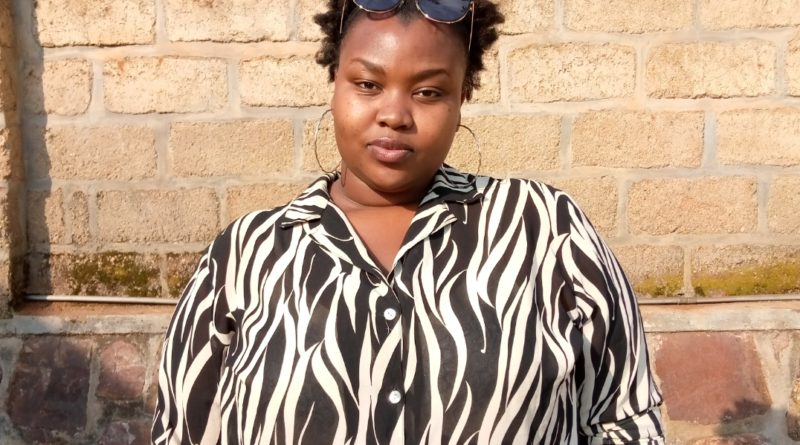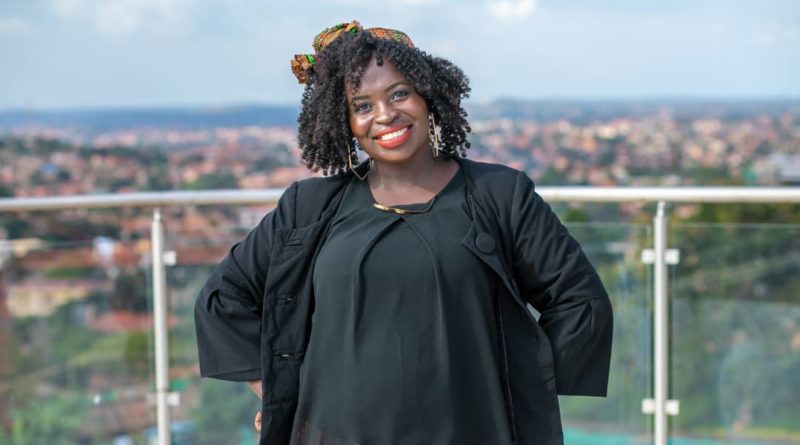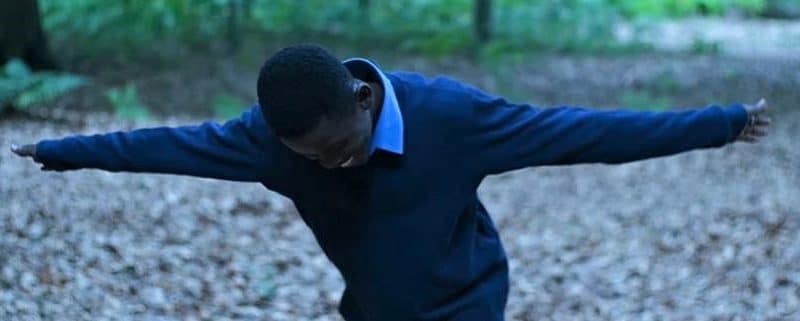“La dépression c’est pour les blancs. Ici on l’appelle Folie”
Nanda est une artiste gabonaise singulièrement plurielle, poétesse Slameuse, chanteuse, Chroniqueuse médias et écrivaine. Elle est de celles qui osent croire au pouvoir de l’oralité, de la parole poétique rassembleuse, éveilleuse de rêves et d’une humanité meilleure. Elle a pris part à plusieurs festivals dans plusieurs pays du monde. Elle est aussi co-initiatrice du Collectif Slam Action du Maquis Bibliothèque et et Membre du collectif Kidikwa. Dans ce texte elle parle de la folie comme on l’entend en Afrique pas en Occident et raconte l’histoire d’une femme isolée et jugée à cause de l’amour d’une nuit. “Maladie Mentale”?/Le terme ne court pas les rues ici/C’est une friandise que mâchent les bouches intellectuelles/Ici on dit “Folie“.
Leggi di più


